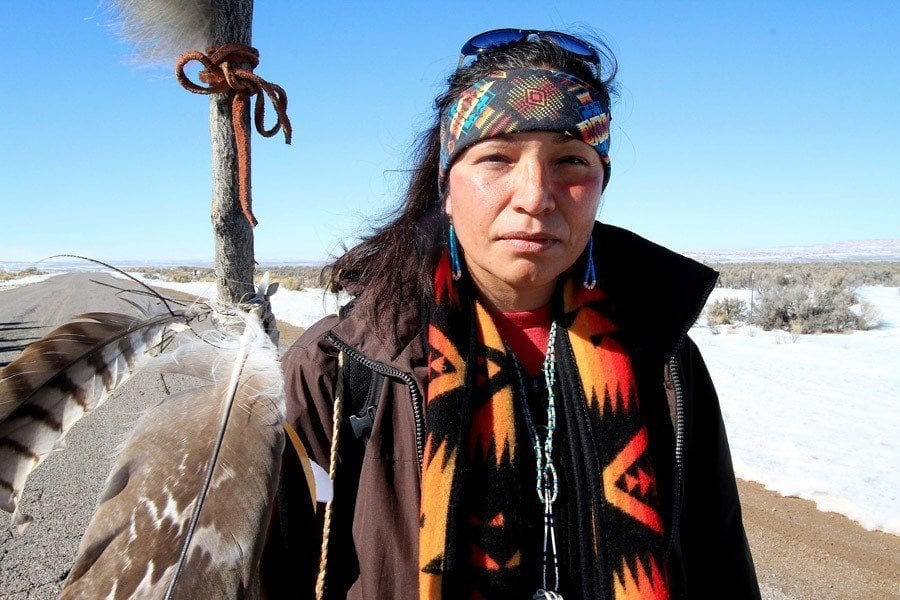
Native Americans to Lose Medicaid Privileges If They don’t Find Work Soon!

The current administration has recently declared the Native Americans might need to find a job if they want to keep receiving the benefits of healthcare. Tribal leaders respond by saying it will threaten access to care and will reverse centuries-old protections.
The tribal leaders aim to be exempted from the new Medicaid rules that are currently being introduced in three states. According to tribal leaders, their request has many precedents for health care exemptions. For example, the Native Americans did not need to pay penalties for not having health coverage under Obamacare’s individual mandate.
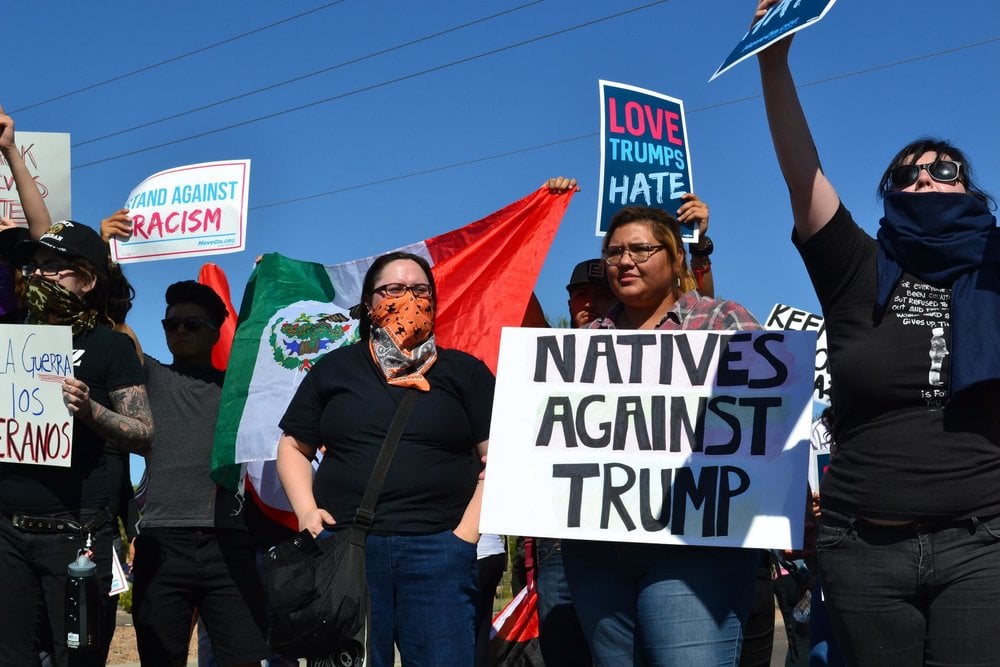
Native American tribal leaders want an exemption for the people from the newly introduced Medicaid rules
The Trump Administration, however, responds that the Native Americans are a race rather than separate governments, and giving them exemption would be illegal preferential treatment, considering that the new Medicaid work rules were approved in three states and are being sought by 10 others.
According to administration lawyers, the US Health and Human Services believe that an exemption like what they are asking for would raise constitutional and federal civil rights law concerns.
Rebuffed
The HHS confirmed they denied the tribes’ request regarding the Medicaid rules several times already. Seema Verma, the administrator of the Centers for Medicare and Medicaid Services, announced the decision last January, and officials reiterated most recently this month at a meeting with the tribes. The HHS ruling was driven by political appointees, in the civil rights and general counsel offices.
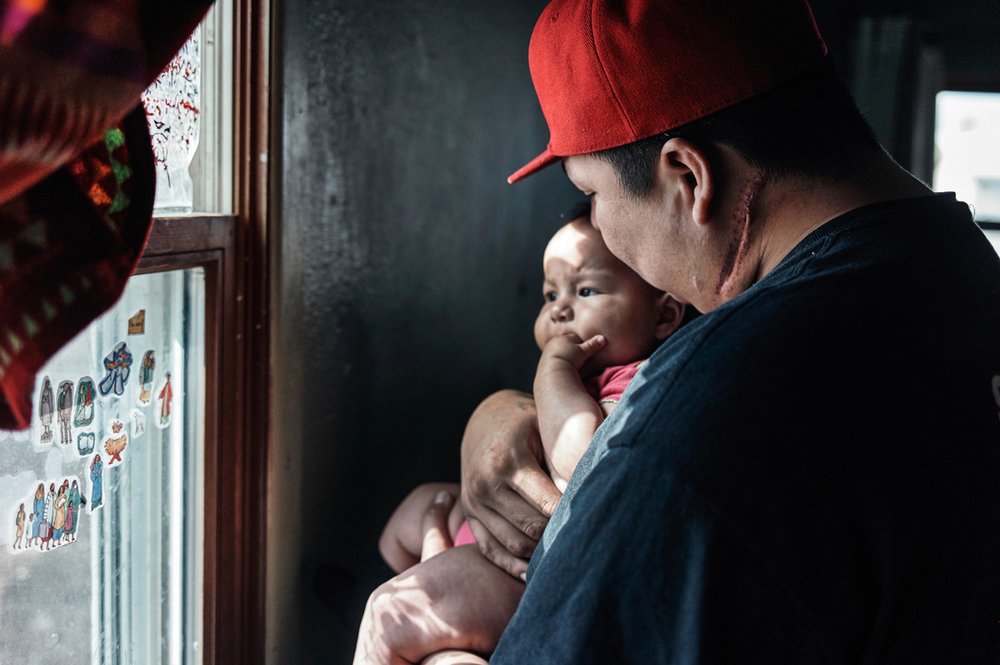
The US Health and Human Services decline the tribes’ request on the grounds that it would be illegal preferential treatment since they are not separate governments
Senior HHS officials, however, have made it apparent they are open to listening to other suggestions that the Native Americans might have about the Medicaid community engagement demonstration projects. Caitlin Oakley, the spokeswoman for HHS, said this using the administrations’ term for the work requirements that can also be fulfilled with job training, educations, and other similar activities.
Tribes fire back
The tribes, however, insist that any claim of racial preference is rendered moot because they are constitutionally protected as separate governments. This dates back to the treaties that were hammered out by first US President George Washington and have also been reaffirmed in recent times under both Republican and Democratic presidents alike, like Clinton, George W. Bush, and Obama.
Mary Smith, acting head of the Indian Health Service during the Obama administration, and is also a member of the Cherokee Nation, said that the United States has a legal responsibility to provide healthcare to Native Americans. She further adds that it is the largest prepaid health system in the world (citing how her people have paid through land and massacres) and now they require work or else will take away health care benefits.
Only the beginning?
Public health advocates along with tribal leaders are worried this is only the first of such changes, as President Trump is also eyeing several similar changes across the country’s welfare programs, many which the 3 million Native Americans rely on.
According to Caitrin McCarron Shuy of the National Indian Health Board, it is very troubling because Native Americans have the country’s highest overdose death rates. This isn’t their only pressing health concern. She also adds that in Indian country, there is a high unemployment rate and because of that it will create a barrier which blocks Native Americans from accessing necessary Medicaid services.
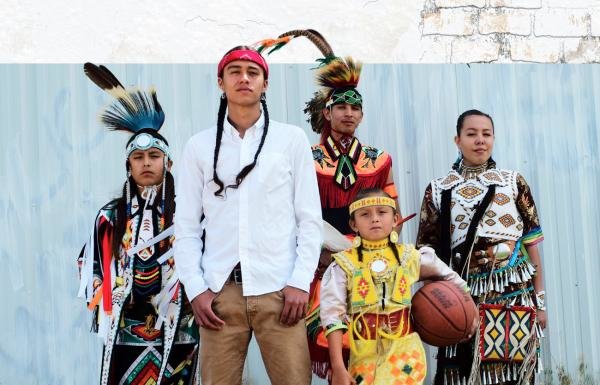
Native Americans have a 12% unemployment rate as of 2016
The Native American’s unemployment rating is almost three times that of the US average, and this can partially be attributed to the fact that there is a scarcity of jobs in the Indian reservations. There has also been some low federal spending on the Indian Health Service which has left certain tribes dependent on Medicaid for their health care. According to W. Ron Allen, a tribal leader who chairs CMS’ Tribal Technical Advisory group, if Medicaid sources aren’t going to be a supplement, this could lead to the Indian health systems death.
The administration has currently allowed three states to begin Medicaid work requirements, Kentucky, Arkansas, and Indiana. Ten other states have also expressed an interest in applying. Over 620,000 Native Americans live in those thirteen states, and even more, states could be heading in that direction.
More in Career
-
Why American Consumers Are Falling Behind on COVID-Era Debt
When the world was grappling with the health crisis brought on by COVID-19, the U.S. economy faced an equally formidable challenge:...
November 27, 2023 -
Dr Dre and Ex-Wife Nicole Young Finalise $100m Divorce Settlement
After months of legal proceedings, Dr Dre, the legendary rapper, producer, and businessman, officially brought his tumultuous divorce from ex-wife Nicole...
November 22, 2023 -
5 Tell-Tale Signs That It Is Time to Say Goodbye to Your Current Job
Are you feeling like your job is more like a ball and chain than a fulfilling career? The daily grind, the...
November 19, 2023 -
WWE Signs $1.4 Billion Broadcasting Contract for SmackDown
In an explosive turn of events, World Wrestling Entertainment (WWE) has just unleashed some earth-shattering news for its legions of fans....
November 9, 2023 -
Navigating the Mortgage Maze as Interest Rates Take a Historic Leap
The U.S. housing market is nothing short of a dynamic entity. It evolves, reacts, and sometimes, just like the current real-estate...
November 3, 2023 -
Celebrity Couples Where the Woman Has a Higher Net Worth
In a world where gender roles and financial dynamics constantly shift, it’s not unusual to find celebrity couples where the woman...
October 27, 2023 -
Why the Gender Pay Gap Could Be Worsening
Picture this: Two college students, Alex and Charlie. Both are bright, have the same interests, and are ready to embrace the...
October 19, 2023 -
JC Penney’s Remarkable $1 Billion Revival Plan
In a remarkable turnaround, JC Penney unveiled a bold $1 billion revival plan, breathing new life into a brand that faced...
October 12, 2023 -
Shattering the American Dream: Mortgage Rates, Inflation & Cost of Living
You know that feeling when you are dreaming of something you have wanted for so long, only to watch it vanish...
October 6, 2023




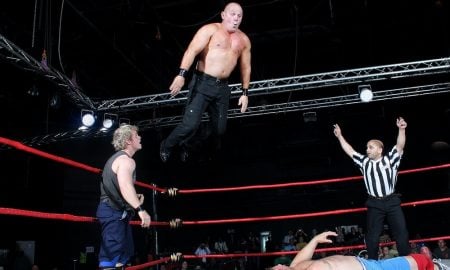

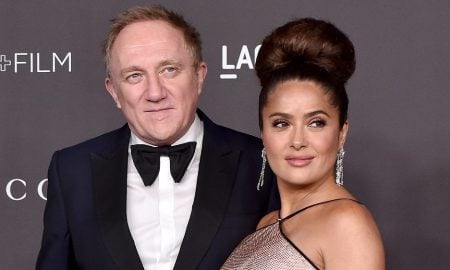








You must be logged in to post a comment Login